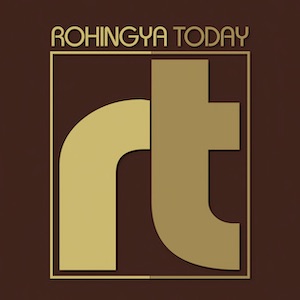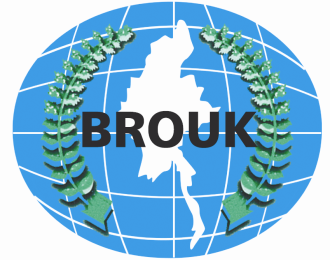
Press Release
May 1, 2020
On April 10, 2020, the Myanmar Ministry of Foreign Affairs issued a press release, “Myanmar leaves no one behind in its fight against COVID-19 in Rakhine State,” describing its intensified efforts to raise public awareness about the virus “in Rakhine and Muslim villages and IDP camps,” and to work with the UN and INGOs to address any possible outbreak in the IDP camps.
International donors are rallying behind these efforts. The World Bank has approved a USD 50 million loan to improve the government’s health care system. The multi-lateral Access to Health Fund has raised 6.2 million dollars. UNOCHA ’s weekly Myanmar Covid-19 situation updates describe ongoing awareness and prevention programs in the IDP camps, by both the Myanmar government and international aid agencies.
While all aid to the IDP camps in Rakhine State is, of course, welcome, and desperately needed, ARNO urges international donors to scrutinize whether the aid is reaching all those currently displaced, as many of the newly displaced IDPs are in unofficial camps, where humanitarian access is being blocked by the authorities, and where they remain vulnerable to attacks.
ARNO is also gravely concerned that the international community’s uncritical buy-in of the Myanmar government’s efforts against the virus, will further embolden it to continue its genocidal operations against the Rohingya and other ethnic peoples of Rakhine – which are bound to worsen the spread of the virus.
For it is crystal clear that the hundreds of thousands of IDPs in Rakhine State, both confined to concentration camps, and newly displaced from the Burma Army’s relentless air and ground offensives, are far more vulnerable to the virus than the general population. As IDPs, they cannot practice social distancing, have limited access to water for washing, and have weakened immunity due to lack of adequate food and shelter.
The best way to protect these IDPs would be for the government to immediately end all military operations and withdraw troops so that the newly displaced can return home, and to immediately grant citizenship and full rights to the Rohingya, so that they are no longer confined to concentration camps.
We appreciate that 18 foreign ambassadors in Myanmar called for an end to armed conflict amid the COVID-19 pandemic on April 2, but the statement failed to identify the Myanmar military as the main aggressor, spending millions of dollars of the national budget on aerial and ground bomb attacks, instead of on the national health emergency. It also failed to condemn the Myanmar military for its ongoing torture and killing of civilians in Western Burma.
Meanwhile, there have been no new international sanctions on Myanmar since the ICJ’s ruling in January 2020 that the Rohingya must be protected from genocide. International business continued as usual until the recent virus lockdown, and now the World Bank and leading Western investors are assisting the Myanmar government to draw up a post-Covid economic recovery plan.
It is hard not to conclude that the international community is continuing to prioritize its own short-term business and strategic interests in Myanmar over the fate of the country’s ethnic peoples.
The deadly spread of the virus is forcing governments around the world to reassess their priorities, and to realize that all their citizens need to be equally protected or all are at risk. We urge these governments to transpose this newfound awareness to Myanmar. Unconditional support to a government that is driving large sectors of its population into the arms of a pandemic will, finally, be a risk to all.
For more details, please contact:
Dr Mohammad Habib Ullah +1-4438158609 or email at [email protected]








